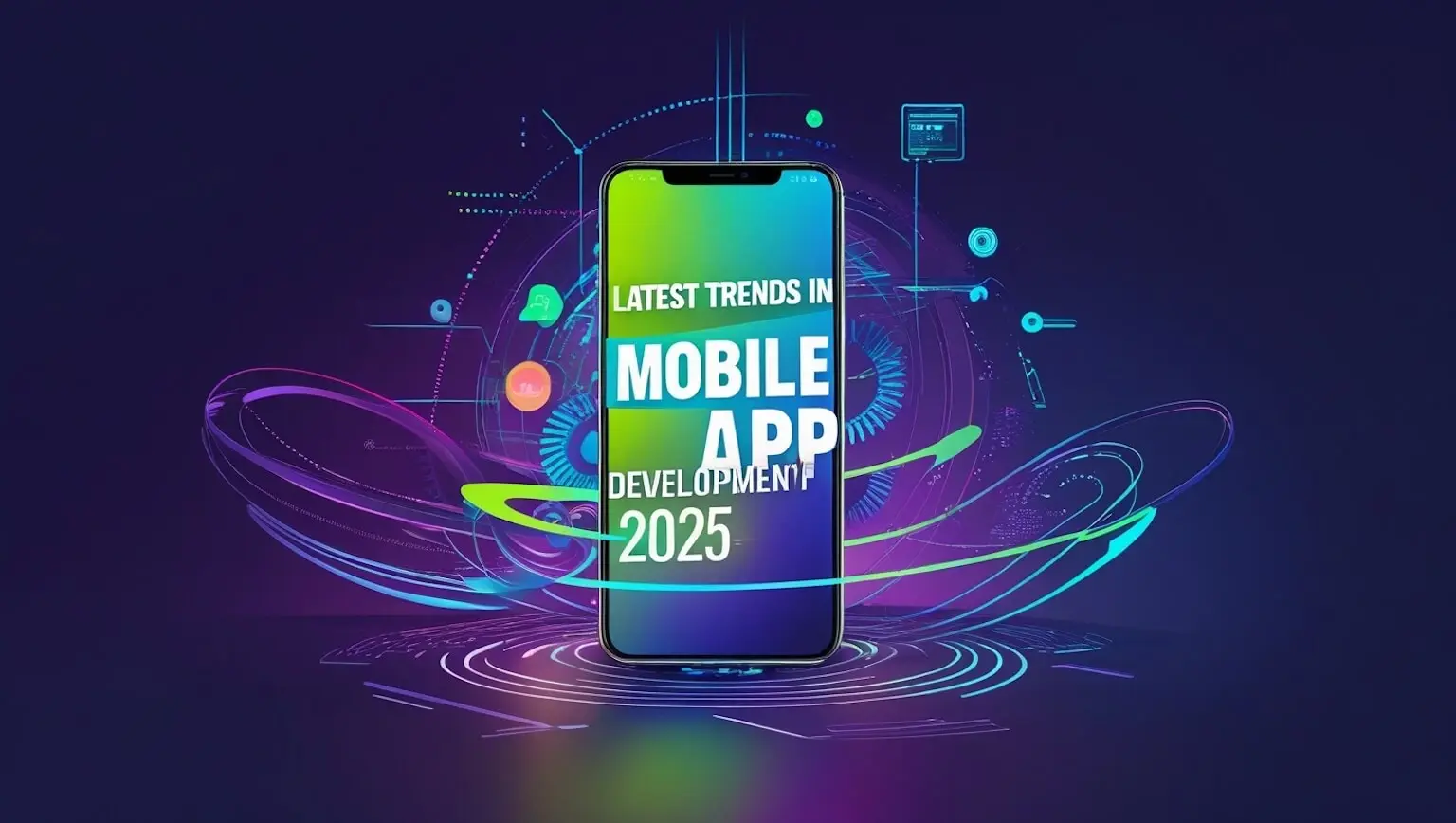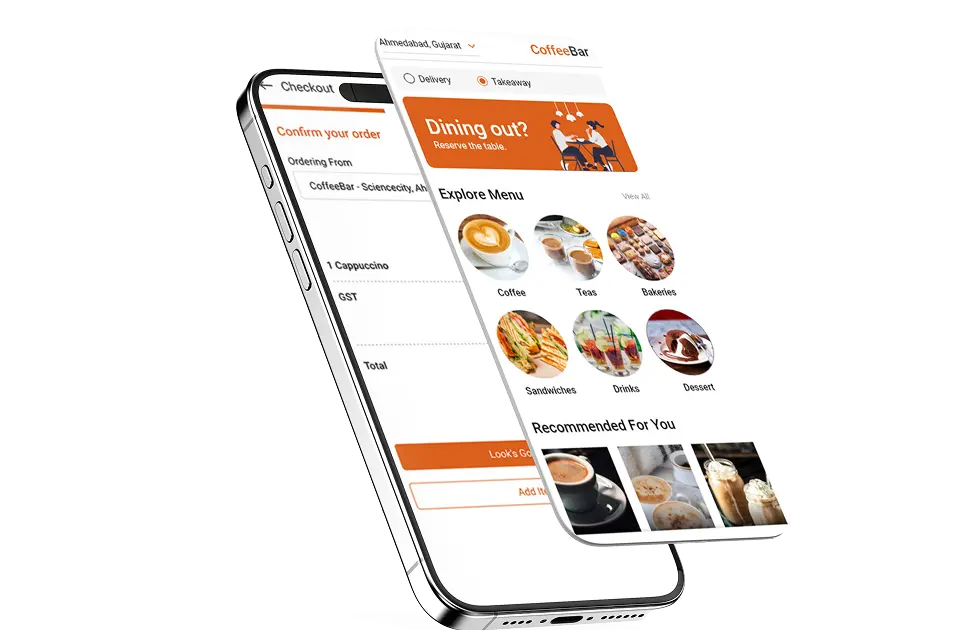The mobile app industry is evolving at an unprecedented pace, driven by advancements in AI, 5G, AR/VR, blockchain, and user behaviour shifts. As businesses and developers prepare for 2025, staying ahead of the latest trends is crucial to building successful, high-performing mobile applications. In this blog, we’ll explore the top mobile app development trends for 2025 that will shape the future of the industry.
1. AI-Powered Apps & Generative AI Integration
Artificial Intelligence (AI) is no longer a buzzword, it’s a game changer in mobile app development. In 2025, Generative AI and AI-powered chatbots will dominate applications, offering:
- AI-driven personalization for user experiences.
- AI-based automation for customer service & workflows.
- Advanced AI-powered search & voice assistants.
- Generative AI for content creation & app design.
Example: AI-driven writing assistants like ChatGPT integrated into mobile apps to enhance user engagement.
2. 5G-Optimized Mobile Apps
With 5G networks becoming mainstream, apps will leverage ultra-fast connectivity and low latency for:
- Real-time cloud gaming with zero lag.
- Instant AR/VR experiences for mobile users.
- Seamless IoT device integration in smart homes.
- Faster data transfer for video streaming & downloads.
Tip: Developers should optimize apps for 5G networks to improve performance and reduce load times.
3. Super Apps: The Rise of All-in-One Platforms
The concept of Super Apps is transforming how users interact with mobile applications. Instead of using multiple apps, users prefer one app for everything (e.g., payments, shopping, messaging, and social media).
Example: WeChat, Tata Neu, and Grab serve as multi-service platforms.
4. Augmented Reality (AR) & Virtual Reality (VR) Expansion
AR & VR mobile apps are gaining traction, especially in e-commerce, healthcare, education, and gaming. With Apple’s Vision Pro and Meta’s AR innovations, developers are creating immersive mobile experiences.
Key AR/VR trends for 2025:
- AR Shopping & Virtual Try-Ons (e.g., IKEA Place, Sephora Virtual Artist).
- AR Navigation & Indoor Mapping (e.g., Google Live View).
- VR-based training & remote work apps.
Best Practices: Use ARKit (iOS) and ARCore (Android) to develop immersive AR experiences.
5. Low-Code & No-Code Development for Faster App Delivery
With the demand for faster app deployment, low-code and no-code development platforms are revolutionizing mobile app creation. These platforms:
- Enable non-developers to build functional apps.
- Reduce development costs & time-to-market.
- Enhance prototyping & MVP launches.
Example: Platforms like Adalo, OutSystems, and Bubble simplify app development.
6. Blockchain Integration for Secure & Decentralized Apps
Blockchain technology is redefining app security, data privacy, and digital transactions. Decentralized apps (DApps) will dominate industries like:
- Finance & Payments (Crypto Wallets, DeFi).
- Gaming & NFTs (Play-to-Earn, NFT Marketplaces).
- Supply Chain Management (Tamper-proof tracking).
Pro Tip: Use blockchain frameworks like Hyperledger and Ethereum to build secure mobile applications.
7. On-Demand & Subscription-Based Apps Continue to Grow
With users preferring on-demand services and subscription models, mobile apps are shifting towards:
- AI-powered food & grocery delivery apps.
- Health & wellness subscription-based apps.
- On-demand video streaming & gaming services.
Example: Netflix, Uber, and Spotify revolutionized on-demand & subscription-based mobile experiences.
8. Edge Computing for Faster Processing & Low Latency
Edge computing minimizes the need for cloud data transfer, reducing latency and improving app performance. It’s essential for:
- Real time IoT applications (Smart Cities, Healthcare).
- AR & VR apps requiring low latency.
- Instant AI-driven decision-making on mobile devices.
Developers should integrate edge computing for faster, secure, and scalable mobile applications.
9. Voice & Conversational UI for Hands-Free App Interaction
Voice search and conversational UI (CUI) are revolutionizing app interaction. In 2025, we’ll see:
- AI-powered voice assistants (e.g., Siri, Google Assistant).
- Voice-based search integration in e-commerce & fintech apps.
- Voice commands for smart home automation apps.
Best Practice: Use Google’s Dialogflow or Amazon Lex to build voice-enabled applications.
10. Mobile App Security: Biometric Authentication & Privacy-First Development
With rising cyber threats, security remains a top priority in mobile app development. Developers must implement:
- End to end encryption & biometric authentication.
- GDPR & CCPA compliance for data protection.
- Zero trust security models & multi factor authentication (MFA).
Pro Tip: Use OAuth, JWT, and biometric APIs for secure authentication.
Conclusion: The Future of Mobile App Development in 2025
Mobile app development in 2025 will be defined by AI automation, 5G optimization, AR/VR advancements, and security-first development. To stay competitive, businesses and developers must embrace these trends, integrate new technologies, and optimize apps for future growth.
Ready to Build the Next-Gen Mobile App?
Whether you’re a startup or an enterprise, our team specializes in cutting-edge mobile app development using the latest technologies. Let’s turn your app idea into reality!


